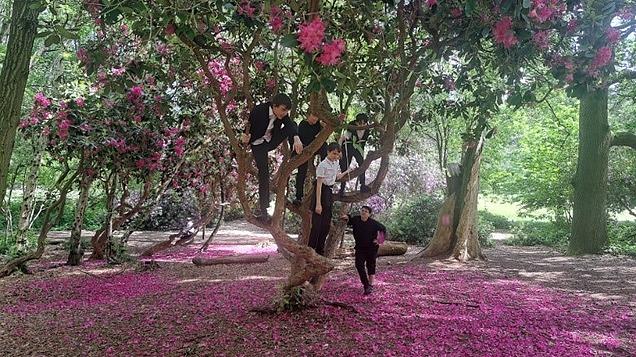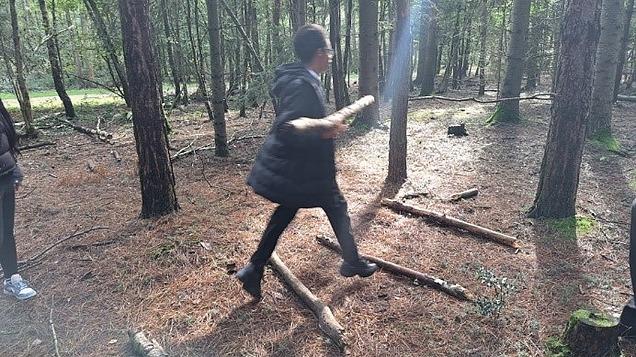Curriculum
Forest School
Forest School at Haybrook College
We believe that the opportunities and experiences afforded to our pupils through the Forest School programme can be beneficial and transformative. Developing holistically in a natural environment, our pupils will have the freedom and independence to explore and make decisions - an excellent climate for personal growth, improved self-regulation, and better-quality social skills. Our Forest School provides a non-traditional, outdoor-based learning model that promotes experiential learning, which is especially beneficial for our pupils, who may struggle in more conventional classroom settings.
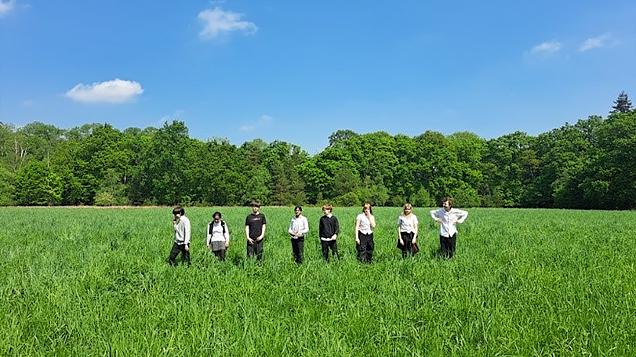
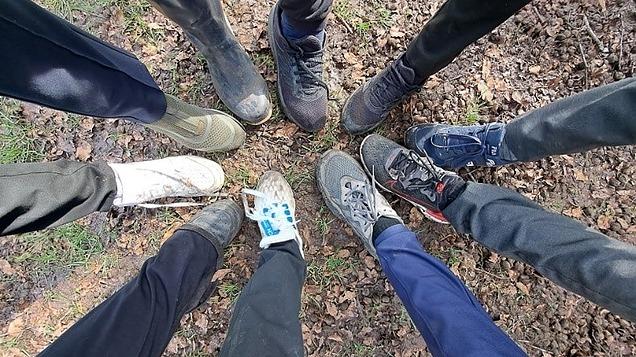
Introduction to Forest School
Forest School is an educational approach that uses outdoor learning as its foundation, allowing pupils to engage in hands-on activities in natural environments, typically forests or woodlands. The idea is to encourage exploration, self-directed learning, and physical activity in a way that builds both academic and personal skills, while fostering a deep connection to nature.
The key principles of Forest School (The six C’s):
- Curiosity Pupils are encouraged to explore the natural world, ask questions, and seek out new experiences. The outdoor environment sparks their curiosity, allowing them to follow their interests and discover things for themselves.
- Creativity Pupils use their imagination and problem-solving skills in practical, hands-on situations fostering independent thinking and adaptability, skills that are valuable both inside and outside the classroom.
- Confidence As they try new things, overcome obstacles, and succeed in hands-on tasks pupils develop self-assurance. Forest School provides a non-judgmental space where failure is seen as a learning opportunity, helping pupils build resilience and confidence in their abilities.
- Collaboration Pupils often work in small groups which develops their social skills, communication, and cooperation. Through collaboration, they learn to respect others' ideas, share responsibilities, and resolve conflicts – skills essential for future personal and academic success.
- Commitment Forest School is about long-term, consistent engagement. The idea of sticking with tasks until they are finished helps pupils build a strong sense of commitment and responsibility.
- Care Pupils learn to care for themselves by developing self-regulation skills, as well as care for their peers, by practicing empathy and teamwork. They also develop a respect for the natural world. They learn about sustainability, conservation, and the importance of protecting and respecting the planet through their hands-on experiences.
The six C’s support the holistic development of pupils, equipping them with the emotional, social, and cognitive skills necessary for future success both in school and in life.
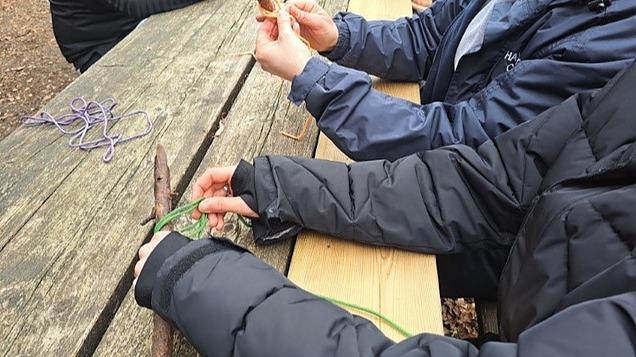
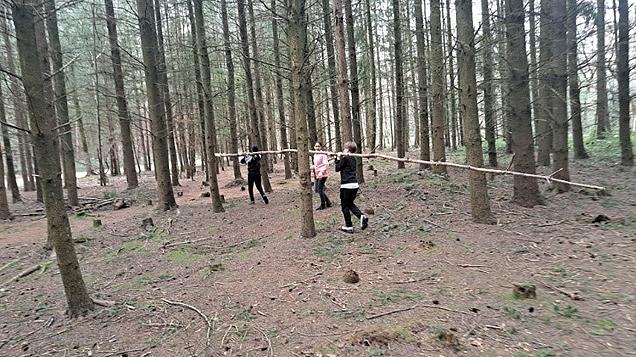
Please click on the link below to view the Forest School Curriculum Map:
Forest School Curriculum Map 2025-2026
